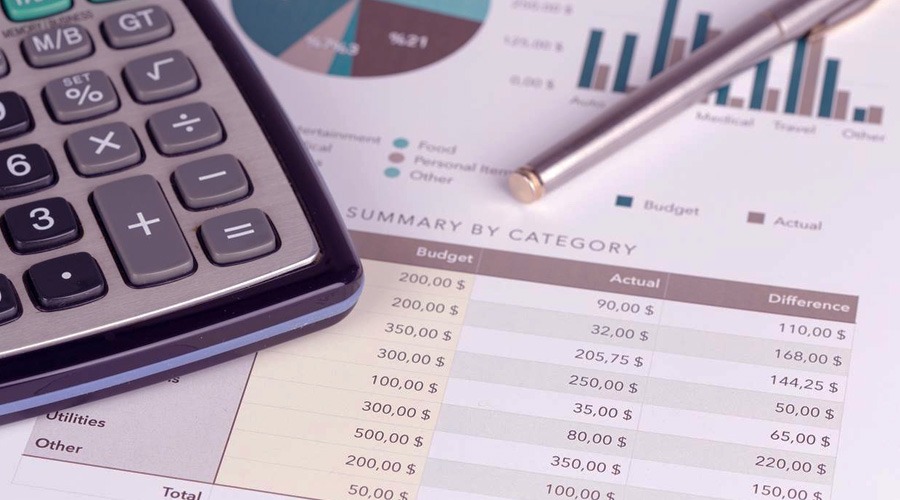
Planning a Budget with Inconsistent Income
A budget is so much easier to create when you know how much money you’ll get in each paycheck. But when you work on commission or as a contractor for various projects, it’s hard to know if the next paycheck will cover your bills.
Here are some tips for handling a budget with inconsistent income, so you can avoid trouble when the bills come rolling in.
Always Save
When your income is inconsistent, it’s important to save regularly in order to account for months when your pay is lower. This should be separate from your other savings goals, like your emergency fund, vacation savings, and retirement plan.
Working a job that doesn’t pay consistently means that there will be many times you’ll be living on savings until you find your next project. Make sure you replenish what you use and add a bit more in the pile.
Find a Routine
Variable expenses, like groceries and gas, can reach a range of consistency if you’re able to follow a good and methodical routine. Don’t adjust your spending just because you brought in more cash that month; instead, keep the same lifestyle based on an average of your monthly earnings.
Find a Low Interest Credit Card
If you don’t have a huge savings cache built up yet, you can apply for a credit card as a financial back up. You only want to use it as a final resort, rather than going on a spending spree and accruing a huge balance. A credit card can also serve as a bridge if you’re waiting for a client to pay an invoice.
Having inconsistent income doesn’t mean you can’t have a budget. You just have to think of your money in a different context. Instead of budgeting based on a bi-weekly paycheck, think of your earnings more holistically in monthly or quarterly increments. This gives you a better idea of what you’re actually earning and how much you should spend and save.
 Lauren Ward
Lauren Ward